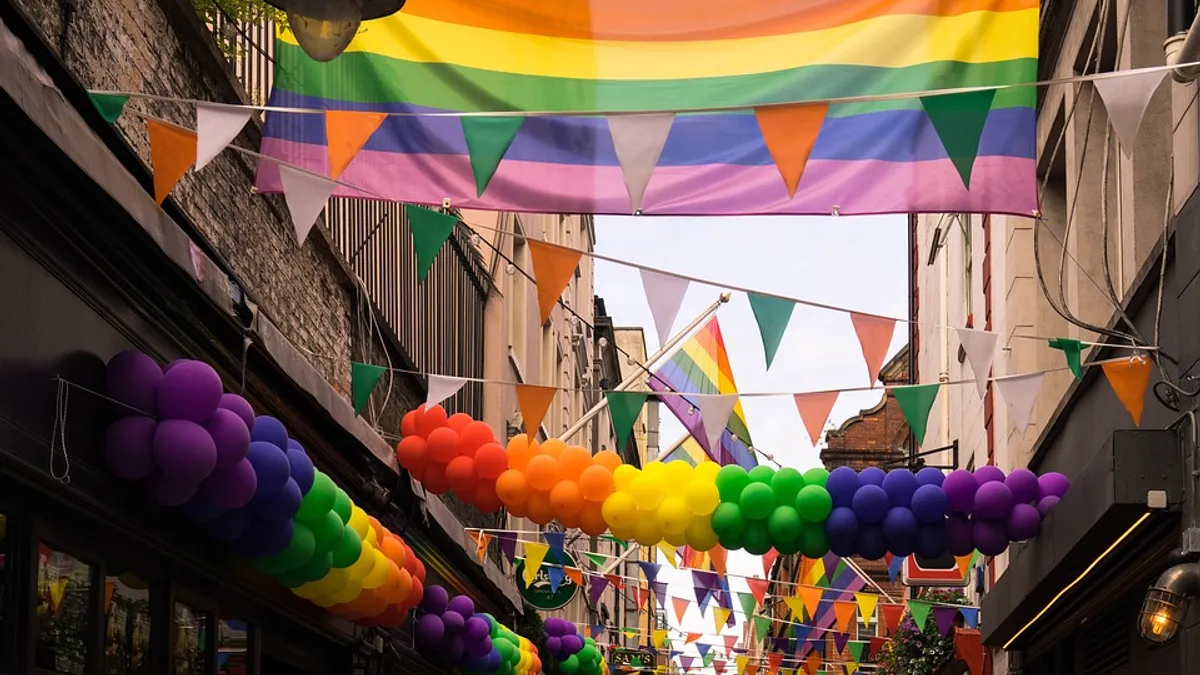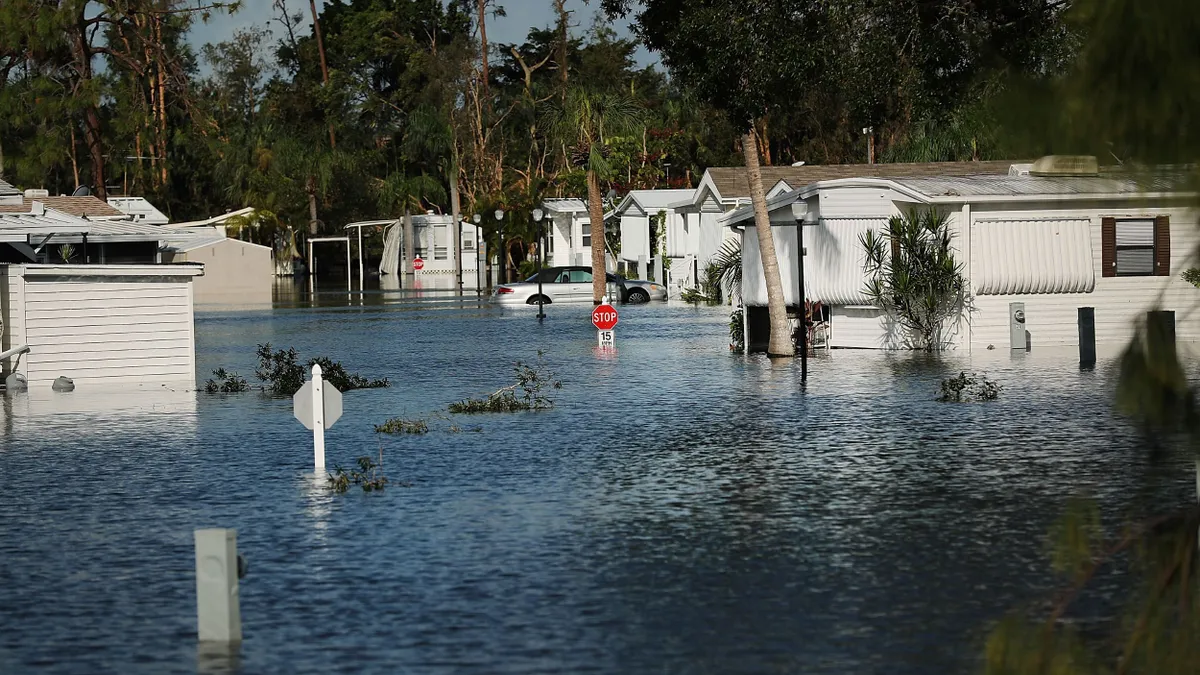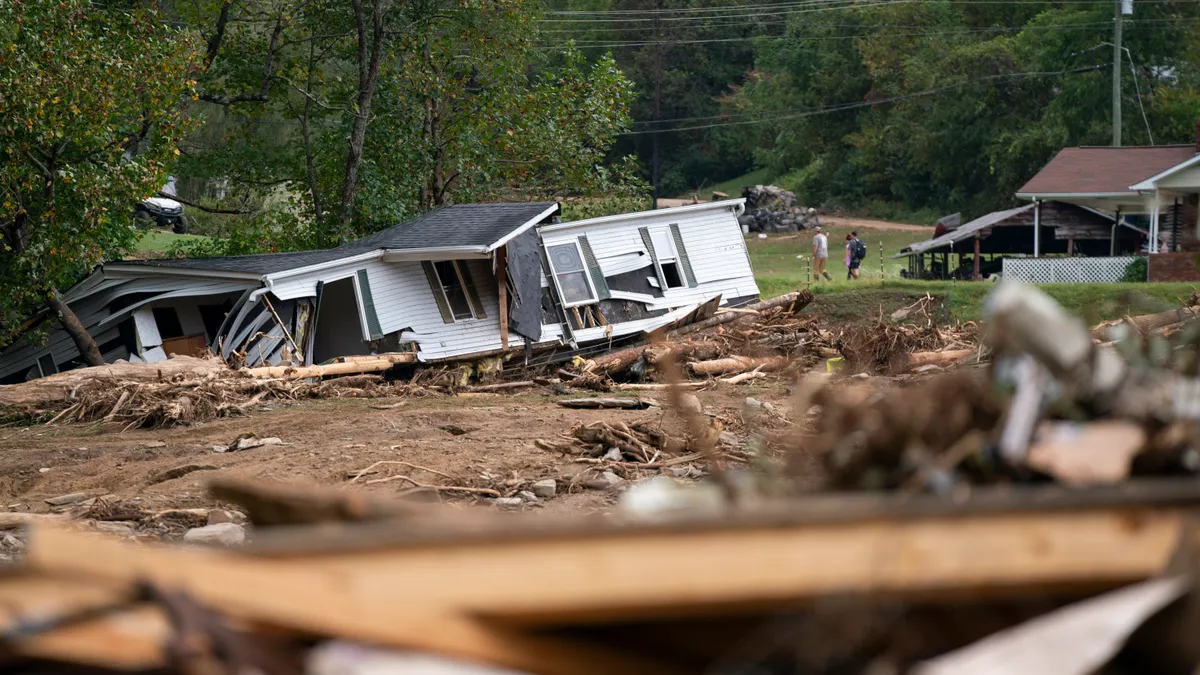"After more than ten years in operation ... Town Danceboutique, the city's largest and most well-known LGBTQ nightclub, will be closing," read a June tweet posted by Town, located in Washington, D.C.'s Shaw neighborhood.
Town is the latest casualty in a series of well-known gay and lesbian bars that have been closing in D.C.'s most LGBT-friendly neighborhoods for more than five years, being replaced with office spaces or establishments that don't have an LGBT focus.
San Francisco is also experiencing a departure of LGBT-centric bars, such as the Stud, which closed last year after having been in business since 1966. And the change doesn't only cover bars; all types of LGBT-owned businesses are moving out of traditionally gay neighborhoods, or "gayborhoods," in cities like San Francisco, Chicago and New York, and in locations abroad like London and Paris.
Although on the surface this may be a troubling trend for some, advocates note that LGBT-focused businesses aren't disappearing altogether — they're more distributed in other areas instead of concentrated in one neighborhood.
"You're seeing businesses in some of these historically separated neighborhoods closing up their one-off shops and moving to more economically advantageous parts of town," said Jonathan Lovitz, senior vice president of the National Gay & Lesbian Chamber of Commerce (NGLCC). "These businesses are not just centralized in the gayborhoods, they're spreading out wherever they can make the most business happen ... Big cities are now open for business to the community in a way that separation is no longer in a community's best interest."
Many factors contribute to the neighborhood shift, but the main one appears to be a societal shift toward more widespread inclusivity and acceptance. "[It's] everything from cost of rent to property taxes to the acculturation of the LGBT community into the mainstream social fabric of any city," Lovitz said.
"Big cities are now open for business to the community in a way that separation is no longer in a community’s best interest.”

Johnathan Lovitz
Senior Vice President, National Gay & Lesbian Chamber of Commerce
Gayborhoods historically formed, in part, so members of a marginalized group could easily connect and socialize. They provide a safe haven where those in the LGBT community can worry less about verbal and physical attacks or being shunned than in other parts of a city. Because of greater mainstream acceptance in straight venues and because of the ease of finding like-minded individuals in the digital age, a growing number in the LGBT community view gayborhoods as less essential in the modern era.
"We used to need the gayborhoods for safety, for the sense of togetherness that things like the internet and pop culture have helped us now develop for ourselves," Lovitz said. Electronic devices, social media and dating apps allow for easier meet-ups throughout a city, as opposed to "simply meeting at the gay coffee shop in the gayborhood" where you know others will also be gathered. "LGBT communities have utilized things like technology to broaden the ways that we connect with each other," he said.
The issue isn't purely social acceptance — a portion of it is based in economics. In decades past, gay citizens and business owners often formed enclaves in low-income or lesser developed neighborhoods, which eventually prompted neighborhood gentrification. But now many of those enclaves have achieved such a level of economic stability and transformation that inhabitants and business owners are leaving for more reasonably-priced areas.
The digital age also has changed the economics. The prevalence of online commerce means customers no longer need to visit gayborhoods to ensure that they can find and support LGBT-owned businesses. "To [the] point about shrinking gayborhoods, those businesses are moving online," Lovitz said. He does note, however, that the e-commerce boom erases typical hallmarks of a business being LGBT-owned, which increases the need for these businesses to register as such with local or national chambers of commerce. "There's about 1.4 million LGBT business owners out there in America. One of the best things they can do to ensure that [supporters] find them is to get certified," Lovitz said.
In addition to a change in the location where LGBT business owners set up shop, the NGLCC also notes that the shift is prompting different types of businesses to emerge. "Industries that used to seem off limits or too hard to break into for the LGBT community are now seeing LGBT-owned businesses thriving in them. And that's great because it's shattering stereotypes about what LGBT people do for business," Lovitz said.
Gay consumers often fall under a stereotype of affluence — another contributor to gayborhood gentrification — due to being single and child-free. But that reputation is morphing, too, as laws continue to change and more people in the LGBT community get married and have children. That is prompting variation in the types purchases that LGBT consumers make, and again, a move to more reasonably-priced neighborhoods, as well as those with more of a family focus.
Some worry about cities losing prominent cultural identities as gayborhoods shrink, even to the point of suggesting municipal interventions such as rent controls. But the shift appears to be happening organically as cities and societies undergo a variety of changes, and even the best-intentioned government interventions have the potential to backfire. Municipal leaders largely seem to be working with the changing neighborhoods and embracing the progress and innovation that comes with more integrated cities.
"I think innovation is something the [LGBT] community is well known for," Lovitz said. "There's been a lot of press about what diverse-owned businesses do for a community, not the least of which is changing the types of consumers who come through those neighborhoods… hiring more people, investing in the local economy [and] getting involved in local community events."
While some wax nostalgic for the strong sense of community in traditional gayborhoods, others applaud the progress that has allowed the LGBT community to feel confident and safe enough to branch out into other parts of cities.
"While the [LGBT] neighborhoods are shrinking, the [overall number of] LGBT businesses is growing because they're finding new, innovative ways to grow and be a part of the mainstream community business fabric," Lovitz said.




















